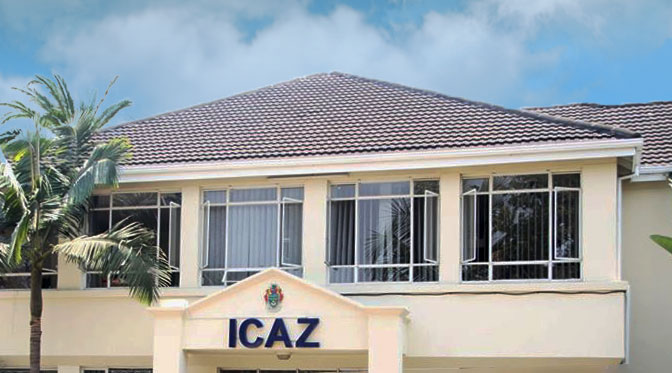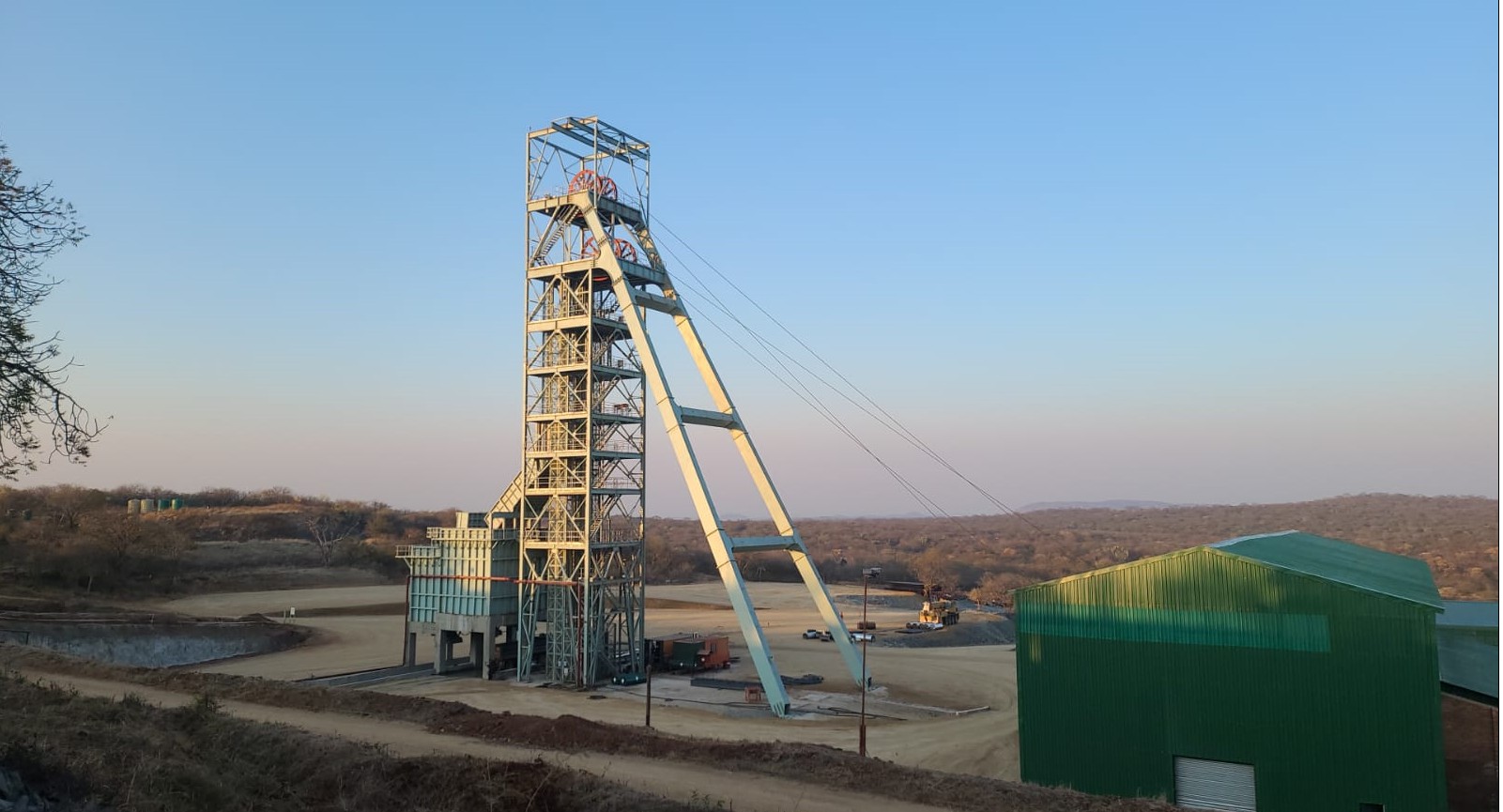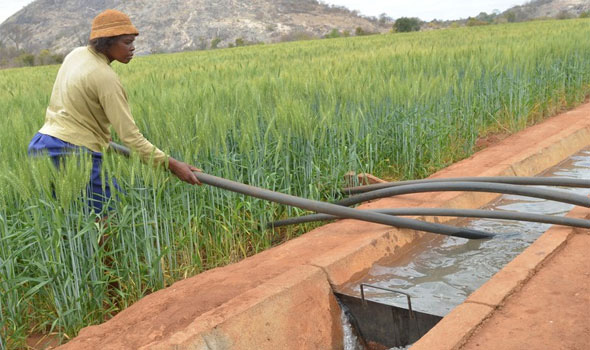Zim’s property sector remains resilient
AFRICA Property Investment (API) Events says Zimbabwe’s property and real estate players continue to exhibit resilience as they navigate the post-pandemic and inflationary operating environment.
The years 2020 and 2021 were characterised by hard lockdown measures triggered by the steep surge in COVID-19 cases, while the general business environment remained challenging.
This had a negative impact on tenant cash flows. Commercial development activity also remained limited during the first half of 2021 as a result of the supply demand imbalances.
But Zimbabwe Stock Exchange-listed Mashonaland Holdings managing director Gibson Mapfidza said despite a tough economic environment, real estate still offered great investment opportunities for both corporates and individuals.
“The property market has remained resilient as it devises ways to deal with the pass-through effects of the economic challenges. We see exciting opportunities in student accommodation, tourism and health facilities,” Mapfidza said in a statement released by API Events.
His upbeat outlook was shared by Terrace Africa development manager Charity Chirume who added that demand for strategically located quality retail space and integrated mixed-use developments presented more exciting emerging prospects.
Some changes to existing policy and updating of local and masterplans are being encouraged to attract more investment to the sector.
“The local plan which designated ED Mnangagwa Road as a development corridor has spurred huge investment in the area and bears testimony to the impact clear and coherent policies can have on the property market,” Chirume said.
“While it is evident that we may be witnessing the commencement of a construction boom as PPC reported a 42% volumes increment in its operating update for the five months ending August 2023, the availability and quality of infrastructure such as roads, sewage and water becomes a critical enabler for sustainable economic growth.
“There is a need for collaboration between Local government and private developers for long-term solutions potentially through public-private partnerships and rebate programmes.”
Mapfidza concurred, adding that there was need for modern energy, water, transport and information and communication technologies infrastructure.
“In the long-term, the property industry requires significant infrastructure investment if it is to sustain its return generation capacity into the future and to maintain the general ambience of the cities,” he said.
Chirume cited a series of pocket developments, at various stages of completion, as evidence that players in the sector are being innovative.
“Some players are taking advantage of the new financial vehicles, such as real estate investment trusts to raise capital,” she said.
Rising inflation during the first half of 2023 has seen most rentals denominated in US dollars, as property owners try to preserve value. However, this has impacted rental growth.
“The operating environment has affected tenants’ rent-paying capacity in hard currency,” Mapfidza said. “Dollarised rentals have only helped partially to hedge against hyper-inflation because, in real terms, rentals have struggled to match inflation.”
Chirume and Mapfidza will speak at the upcoming ZIMREAL conference 2023 to be held in Harare tomorrow The forum, organised by API Events, will discuss some of the challenges affecting the sector and seeks to exploit opportunities.
Central government, local authority and private sector players will be in attendance at ZIMREAL, where they are expected to share ideas on how to improve the policy environment.-newsday










